Working parents often feel stretched too thin and need ways to provide additional tutoring and help to their children. For some parents, the answer is to quit their jobs and stay at home. In fact, for every male that has left the workforce, seven females have quit. The lack of childcare is the #1 reason for quitting. The future of work really depends on the employer’s ability to think about childcare benefits that have not historically been offered. So, what are childcare benefits? And how do HR leaders learn more about childcare benefits? We invited Irina Tsukernik, CEO and Co-Founder of Carisity, to join one of our podcast episodes to answer those questions and more. Let’s first start with finding out more about Carisity.
What is Carisity (formerly EDIFY)?
Carisity takes some of the load off your employee’s plates in one of the most challenging areas: supporting their children with remote education. At the click of a button, Carisity’s user-friendly platform connects your employees with a verified, private tutor in less than 30 seconds.
On-demand or scheduled up to 30 days in advance, Carisity’s tutors are available 24/7 to support children in hundreds of subjects. All lessons are virtual and recorded for parents’ peace of mind.
Who is Irina Tsukernik?
I had a great chat with Irina Tsukernik on our podcast. She’s the CEO and Co-Founder of Carisity (formerly EDIFY).
Irina is a mom who was looking to get support from her employer when she had her daughter 3 ½ years ago. Unfortunately, that is not something that’s easily available through employers today. Research shows that less than 6% of companies in the U.S. offer childcare benefits.
As a first-time mom working at a tech company out of San Francisco, Irina found it too challenging to stay productive at work and balance childcare and be a high-performing female in a male-dominated industry. This was pre-pandemic. With the pandemic, this became an issue that got the attention it really deserves because not just moms and females in male-dominated industries, but all parents working from home, taking care of children, pets, the elderly, etc. They all felt the pain of balancing work with all of those responsibilities. Irina left her job and together with her co-founder built a platform that now helps parents with childcare.
Now, let’s dig into the topic of the podcast…
What Are Childcare Benefits?
Carisity’s Definition
We define childcare benefits as additional support that supplements the daily care a parent already has in place for their children. It’s backup care provided for 30, 60, or 90 minutes. For example, if a child comes home from school at 3:00 pm or 3:30 pm – note, most education systems are not aligned with parents’ working hours that end at 5:00 pm – what does the child do for those last two to three hours? Usually nothing productive, like watching TV or playing video games. With kids being behind academically in a post-pandemic scenario, we’ve built the option for parents to go into the Carisity platform, find a live person/caregiver to jump on a video conference, and start doing homework with the child, or practice a musical instrument, play a game, read a book, or even show how to do arts and crafts. It all depends on the needs of the child and what they are interested in.
Is This Just Virtual Babysitting?
Our ideal age for children is five to 12 years old, so we do a lot of tutoring music lessons, and things to enhance their education. We wouldn’t consider that babysitting, but rather instruction and tutoring.
What Do Childcare Benefits Look Like At Most Companies?
Unfortunately, companies are not accustomed to childcare benefits. There is a plethora of services that have been started over the last decade for mental health and emotional health. But why is no one talking about how childcare is directly impacting our wellness? Our children are the most important thing in our lives. Why are employers not talking about offering support? There are very few employers talking about or offering childcare benefits in the U.S.
For Companies That Are Offering Childcare Benefits, What Does It Currently Look Like?
Usually, it looks like in-person care. Companies will offer a concierge to find a daycare near the office, or a few are very generous and build daycare facilities within the work building. The difference with us is that Carisity provides on-demand, online care that no one else offers. It’s a holistic approach, offering a wide variety of childcare.
How Do HR Leaders Find If Employees Want This Benefit?
Many HR leaders say that employees aren’t asking for this benefit. But in reality, employees don’t know to ask for it. Start by sending a survey to employees. Ask parents for their feedback. Make sure they understand that the concept of online care comes with an educational component.
Discover More
There’s much more we cover in the podcast, such as:
- What questions should an HR leader ask on an employee survey?
- Should companies offer childcare benefits for just in-office employees or also remote and hybrid employees?
- Do you see childcare benefits as something that should be offered to stay-at-home parents?
- And much more!
Listen to the whole podcast here: Why Employers Should Provide Childcare Benefits. This 19-minute episode is packed with statistics, tips, and information that’s key for HR Leaders to consider. Enjoy!



